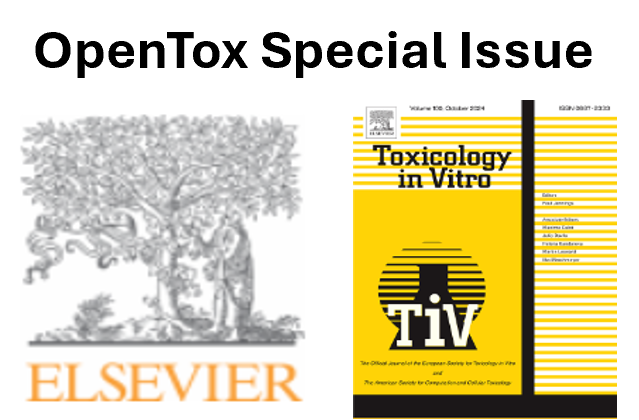
Dr. Thomas Exner (M) is a founding partner and Chief Scientific Officer of the Slovenian based SME Seven Past Nine d.o.o. Dr. Exner studied chemistry and did his PhD at the Technische Universität Darmstadt (Germany) followed by a postdoc at the University of Saskatchewan, Canada. After 12 years of independent academic research (University of Konstanz and University of Tübingen), he joined Edelweiss Connect in 2015 and finally moved on to Seven Past Nine in 2021. There, he is responsible for the scientific planning, execution, supervision and coordination of different projects in the area of safety and sustainability of advanced materials and the use of digital approaches therein.
Enabling safe and sustainable material design via interoperable data and modelling tools
Thomas E. Exner* and the PINK Consortium
*Seven Past Nine, Slovenia
Safe-and-Sustainable-by-Design (SSbD) advanced materials and chemicals (AdMas&Chems) are a central requirement for reaching the ambitious goal of making Europe the first digitally-enabled circular, climate-neutral and sustainable economy. Such new AdMas&Chems need to provide the high functionality required for their advanced applications, whilst simultaneously exhibiting improved safety and sustainability performances that take into account the complete value chain and life cycle. To facilitate adoption by industry and, by doing so, foster the twin green and digital transition of Europe’s economy, the PINK project aims at producing innovative modelling software and integrated workflows applicable at the earliest stage of AdMas&Chems design, which are combined into an industry-ready open innovation platform, the PINK In Silico Hub (PINKISH).
However, this requires the integration of tools from different and hitherto independently developed areas (e.g. material functionality modelling, safety, life cycle assessment, socioeconomic evaluation) and needs to be extendable and made future-proof beyond what can actually be provided by PINK. This will be achieved by complementing the platform with a knowledge infrastructure based on an advanced and generally applicable semantic and technical Interoperability Framework. In this, data and models become self-explaining digital objects and SSbD campaigns are structured around material and data flows integrating information whenever it become available.
Acknowledgement: The PINK project has received funding from the European Union’s Horizon Europe Research and Innovation programme under grant agreement No. 101137809, the State Secretariat for Education, Research and Innovation SERI, and UK Research and Innovation.

